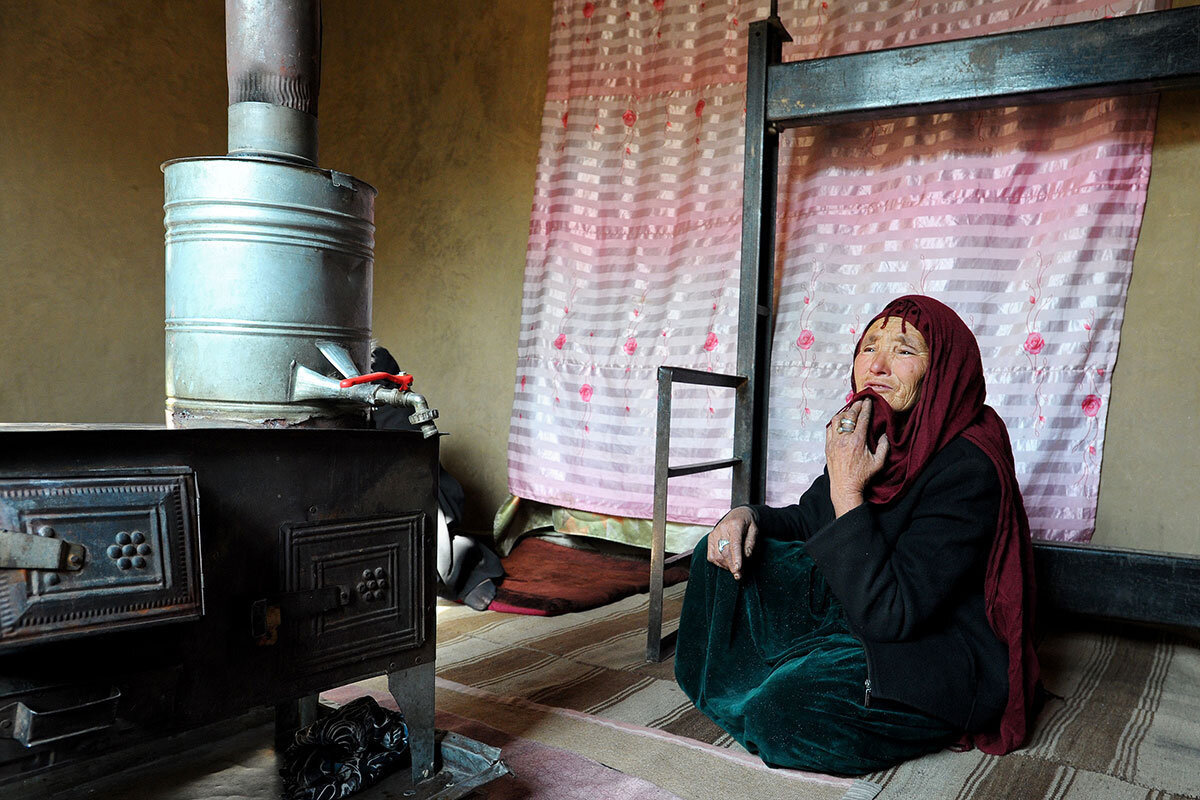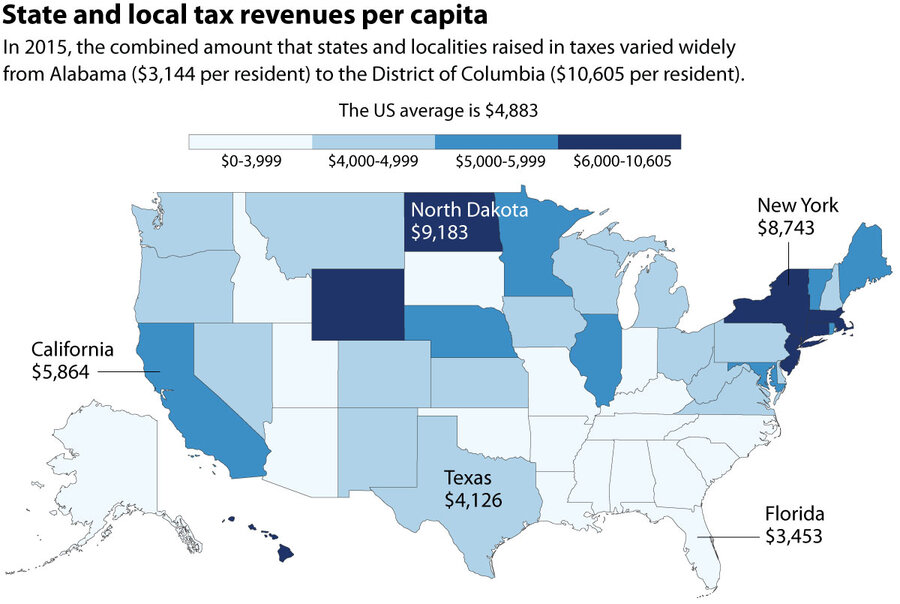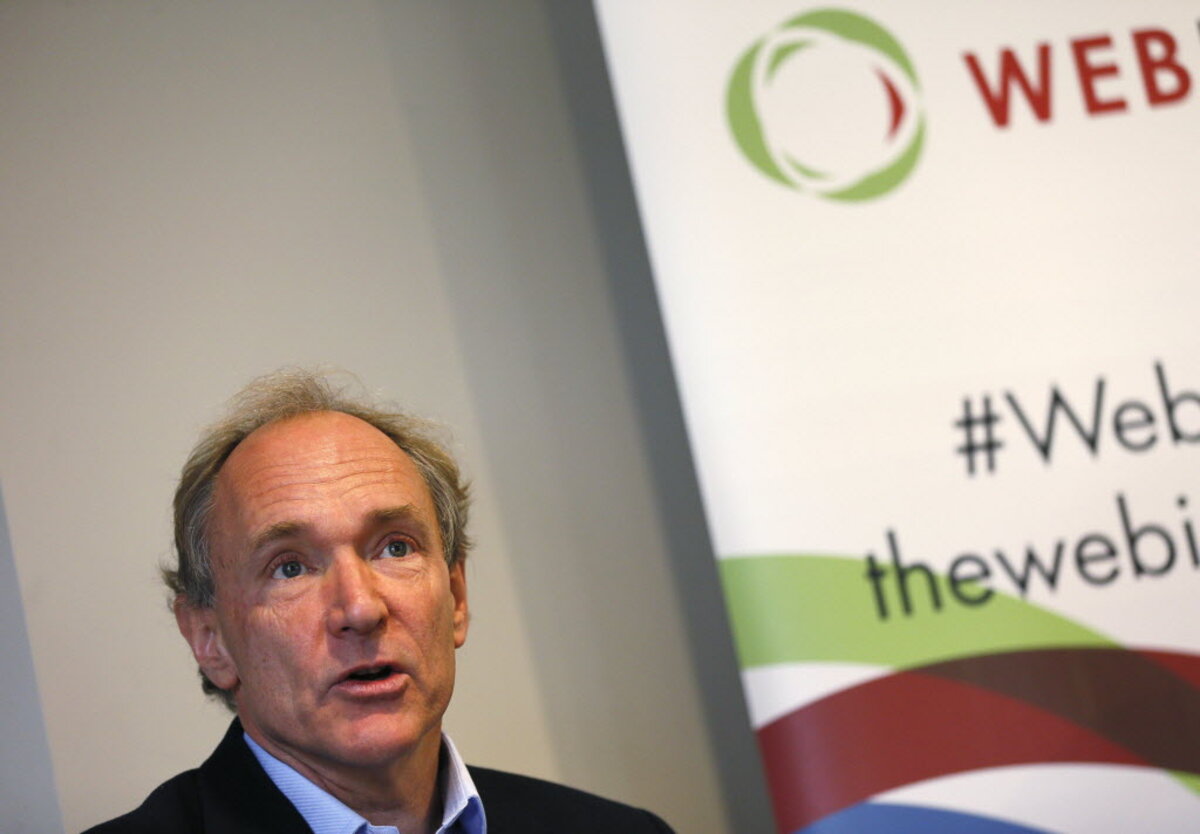Democrats are busy absorbing lessons learned from their candidate's likely win in Pennsylvania's 18th District as they look to November. But one in particular may stand out. As former speaker of the House Tip O'Neill was fond of saying, "all politics is local."
Monitor Daily Podcast
- Follow us:
- Apple Podcasts
- Spotify
- RSS Feed
- Download
 Amelia Newcomb
Amelia Newcomb
It might be time to flip an old saying – “stop acting like a child” – on its head.
In this case, they’re not really children but young people. Across the United States today, many walked out of school for 17 minutes to protest gun violence – one minute for each victim of the Stoneman Douglas High School shooting on Feb. 14 – through everything from speeches to “lie-ins.”
At a time when civics education sometimes falls short, students are augmenting the curriculum, studying rights, how bills are shaped, how different constituencies get heard. They’re talking up voting. While many have responded to #NationalWalkoutDay, others have focused on #walkupnotout, which encourages students to reach out to loners and people who don't share their views.
At Ronald Reagan High School in San Antonio, the Monitor’s Henry Gass spoke with members of the girls’ track team who were practicing during spring break. One wanted better safeguards against students going “off the rails.” Another’s class wrote to their representative. One noted a rise in exchanges with friends and neighbors. One wanted more security drills.
Few students are suggesting pat solutions. Instead, they’re saying their engagement is here to stay. And adults are listening. At a town hall meeting near me, questions from two students about how to engage constructively – they didn’t share their politics – generated a cheer. The crowd seemed to be thinking it was time to start acting like a child.
Now to our five stories, including ones that remind us to address very human needs on the ground and encourage us to think beyond conventional confines.











